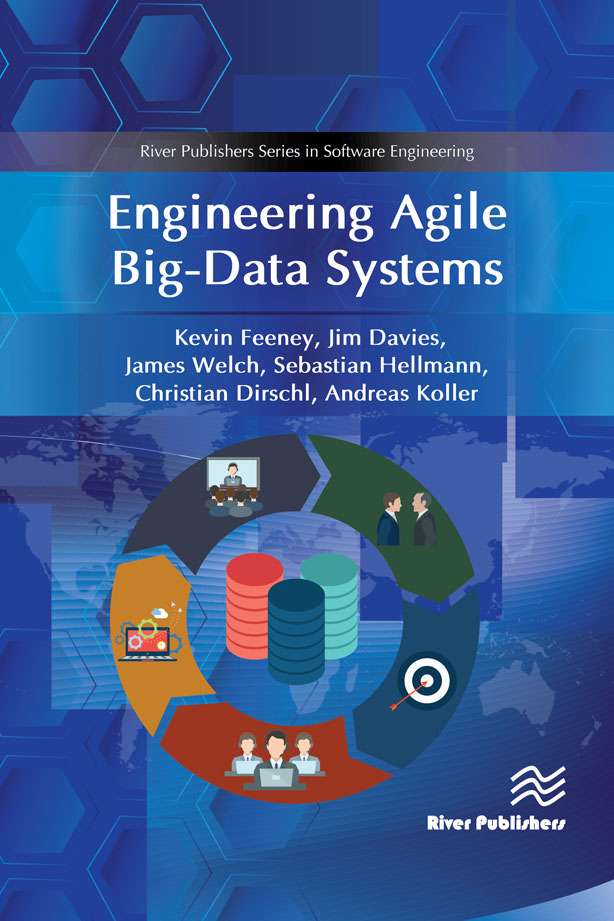River Publishers Series in Software Engineering
Engineering Agile Big-Data Systems
Editors:
Kevin Feeney, Trinity College Dublin, Ireland
Jim Davies, Oxford University, United Kingdom
James Welch, Oxford University, United Kingdom
Sebastian Hellmann, University of Leipzig, Germany
Christian Dirschl, Wolters Kluwer, Germany
Andreas Koller, Semantic Web Company, Austria
Pieter Francois, Oxford University, United Kingdom
Arkadiusz Marciniak, Adam Mickiewicz University, Poland
Authors:
University of Oxford, UK, Wolters Kluwer Germany, Germany, Trinity College Dublin, Ireland, Semantic Web Company, Austria, 5University of Connecticut, USA
ISBN: 9788770220163
Engineering Agile Big-Data Systems outlines an approach to dealing with these problems in software and data engineering, describing a methodology for aligning these processes throughout product lifecycles. It discusses tools which can be used to achieve these goals, and, in a number of case studies, shows how the tools and methodology have been used to improve a variety of academic and business systems.
Chapter 7: Evaluation
by Pieter Francois, Stephanie Grohmann, Katja Eck, Odhran Gavin,
Andreas Koller, Helmut Nagy, Christian Dirschl, Peter Turchin
and Harvey Whitehouse
